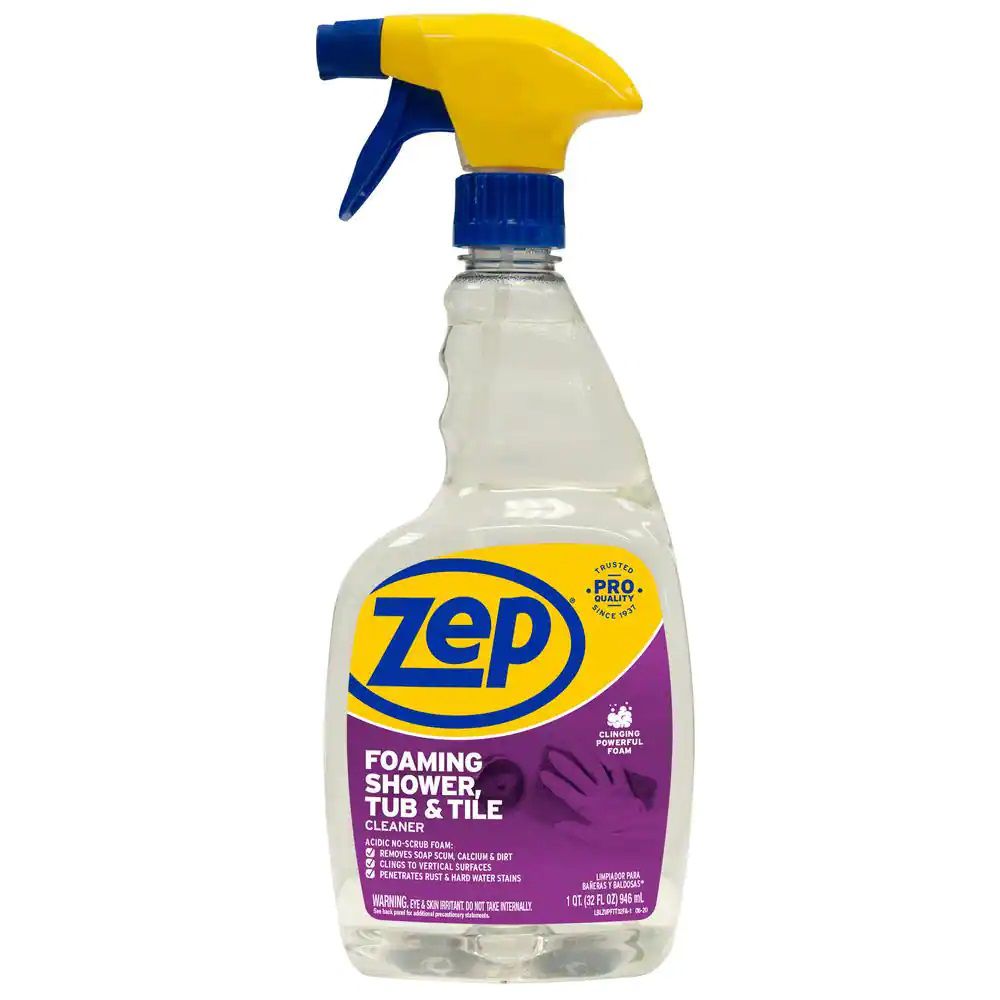
Using a Consumer Reports dehumidifier can help you reduce moisture in your home. A dehumidifier is a good tool if you have a damp basement. Dehumidifiers are also useful for keeping humidity between 30-50 percent. This level is ideal for people suffering from allergies and asthma. They are also good for controlling mildew and mold.
There are many options for dehumidifiers. You can choose from whole-home units or stand-alone models. They are classified according to their capacity or ability to remove water. Larger capacity units consume less energy and have lower operating costs. Large-capacity units are also more economical per pint of water. Consumer Reports says that a dehumidifier of smaller capacity might be more costly and less energy-efficient.
Energy Star certification has been around since several years and dehumidifier manufacturers have been testing them under various conditions. However, there are differences between the requirements in the Energy Star program and the DOE's energy efficiency requirements.

Energy Star program, for instance, requires testing at different temperatures. Energy Star version 5.0 requires testing at 60°F and 60% RH. However, the Department of Energy requires testing at 80°F and 60% RH. Manufacturers may need to adapt their recommendations because of the different test conditions.
Consumer Reports tested many dehumidifiers and found impressive results. The best unit could remove 70 pints in less than 24 hours. The unit's programmable humidistat helps you maintain the desired humidity level in your home. A digital display shows the performance of your device.
In addition to the programmable humidistat, most dehumidifiers come with an air filter that filters out large particles in the air. Some models also include a pump which moves water to a disposal. A dehumidifier that has caster wheels makes it much easier to move the unit about the house.
Large capacity dehumidifiers, like a 70-pint, are the best. They are also more efficient and energy efficient. However, if you don't have a problem with moisture, a smaller dehumidifier might be more efficient. Consider purchasing a dehumidifier that has hose connections for draining the water to a laundry sink or floor drain if you have a moisture problem.

A few neat features are also included in the best consumer reports dehumidifiers. For example, a unit's auto-restart feature helps keep the unit running when it's left off for a prolonged period. Another feature that is notable is the ultra-quiet compressor technology used by dehumidifiers to operate at low dB levels. It's a good idea also to buy a dehumidifier with a remote control as it's easy for people to forget to turn the device off while they're away.
A dehumidifier's best features are not the only things to be looking for. You also need to consider its energy efficiency and fan speed. The best dehumidifiers have a high CFM fan, which helps pull more air from a larger area. High CFM fans can cause noise, so a quieter model may be better.